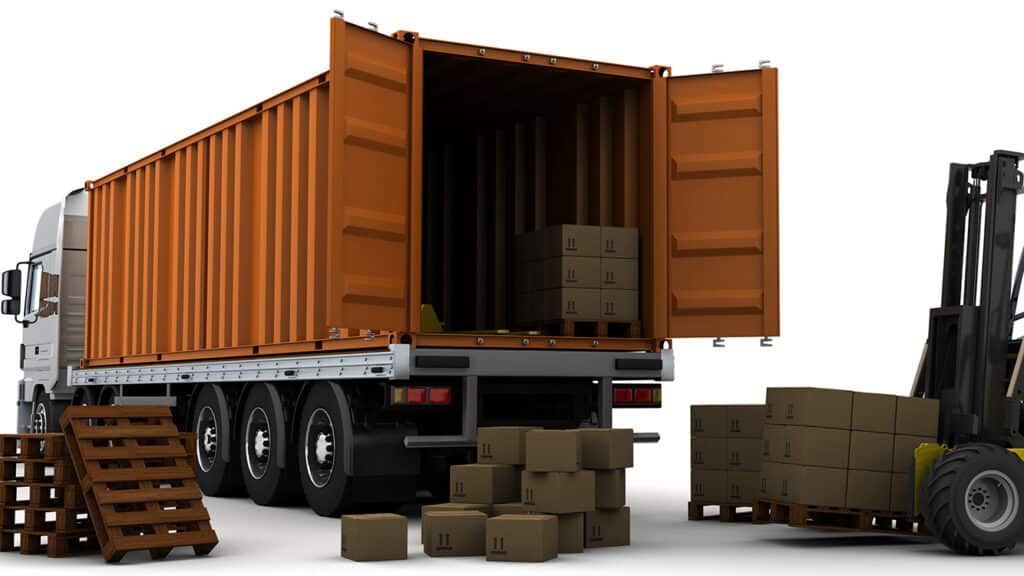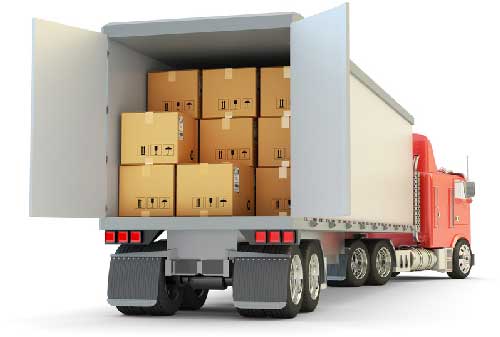Cargo Expedition: The Cornerstone of Global Commerce
Cargo Expedition: The Cornerstone of Global Commerce
Blog Article
Cargo transport plays an essential function in supporting global trade by ensuring that goods and materials are efficiently transported across countries and regions. With the increasing interconnectedness of economies and dependent on efficient and reliable cargo transport has increased significantly. From raw materials to final products, enterprises depend on cargo operations for timely delivery of goods and in good condition. If it's via air, sea or on land, a cargo expedition connects suppliers, manufacturers and consumers around the world. This interconnected logistics web forms the basis of global commerce. It is the driving force behind industries, and helping to boost economic growth, by enabling the flow of goods seamlessly from one area to another.
One of the key components that make a cargo voyage successful is the wide range of options for transportation to accommodate specific shipping demands. Air cargo, which is known for its speed and reliability, is often used for valuable or sensitive goods such as electronics, pharmaceuticals and other fashion-related products. Ocean shipping, on the contrary, is the most popular shipping of bulk goods with cost-effective options for products like oil, grain, and machines. Land transport, encompassing railroads and trucks, is vital to last-mile delivery and inter-regional connectivity. In integrating these modes into multimodal transportation systems, cargo expeditions maximize efficiency as well as reduce the time it takes to transit, ensuring goods reach their destinations on schedule.
The advancement of technology has revolutionized the freight expedition industry, enabling greater efficiency, transparency, as well as reliability. Systems that track cargo in real time provide companies with up-to-the-minute updates on their shipments, improving transparency and improving plan of action. Blockchain technology can improve transparency in supply chains by making secure and permanent data of all transactions and transport. Artificial Intelligence is used to enhance routes, identify the likelihood of delays, and decrease cost, while automating warehouses facilitates the handling and sorting of goods. Technology advancements do not only enhance efficiency in operations but create trust between the various people involved, and ensure the steady circulation of goods within the ever-connected world.
Sustainability has emerged as a central focus in the Cargo Expedition sector, as environmental concerns and regulatory pressures force companies to implement greener methods. This shift toward energy-efficient transportation techniques, like high-efficiency electric trucks as well as low-emission vessels are a reflection of the commitment to reduce the carbon footprint of logistical operations. Sustainable packaging solutions such as waste reduction projects, as well as eco-friendly warehouses are growing in popularity among business leaders. The government and other international organisations are playing a role in encouraging sustainable practices via taxes, grants and stricter emissions regulations. In focusing on sustainability, cargo expeditions are aligning with global efforts to combat global warming while meeting the requirements of environmental-conscious customers. To receive extra details kindly head to https://muat.com/pengiriman-cargo-jakarta/
Sustainability has also become a major consideration when it comes to cargo voyages as the logistics industry comes under growing pressure to lessen their environmental impact. Transportation, in particular the air and maritime sectors has a significant impact on the global emissions of carbon. Responding to this issue numerous companies are adopting environmentally friendly practices like using green fuel, optimizing routes in order to reduce fuel consumption, and investing in energy-efficient technologies. Furthermore, a number of companies are considering alternative modes of shipping cargo such as the use of electric trucks, or even solar powered vessels, in order to decrease the carbon footprint of their operations. The growing emphasis on sustainability in cargo expeditions reflect a global movement towards environmental sustainability and the necessity of tackling the issue of climate change.
Cargo journeys form the foundation of trade globally, helping the transportation of goods as well as boosting economic growth globally. Through advanced transportation systems, innovative technology, and an attention to sustainable development, the business continues evolving to keep pace with the requirements of an ever-connected world. The dedication and expertise of logistics professionals further enhance the quality and effectiveness of these processes, which ensures that companies can succeed within the competitive marketplace. While global trade continues to grow, cargo trips remain a key component of the supply chain, supporting the growth of commerce while promoting cooperation on a massive scale. Their impact goes far beyond logistics, shaping economies, and connecting local communities across all over the globe.